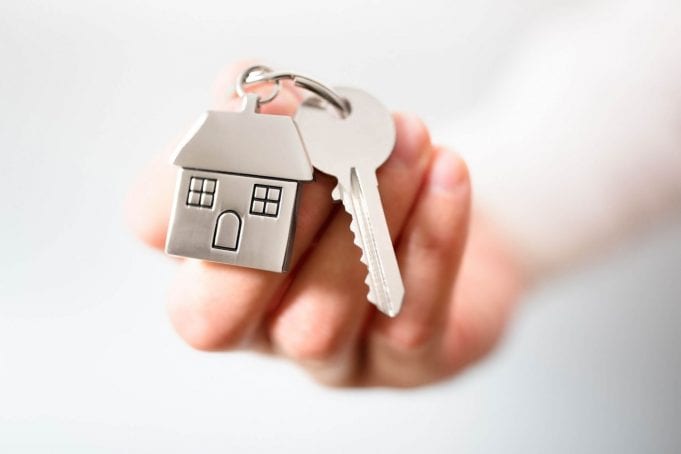A 2018 survey by Bank West found that nearly 70% of millennials regretted buying their homes. While some note that it was a financial commitment they weren’t prepared for, nearly half had issues with the space itself, highlighting the importance of knowing what to look for in a new home.
While you are searching the market, there are vital details that you should keep track of. For one, you must be careful that you are not rushing into your search without asking the right questions or doing the research.
It’s better to be aware of certain aspects of a home that could be a problem rather than having to find out about them later. In addition to going in with a plan as you search for that new home, you’ll find a wealth of resources online to help you with the home buying process, according to Redfin.
Rest assured, you are about to be brought up to speed on all the latest you need to know when it comes to making the best home decision. Finally, you won’t be second-guessing if you made the correct choice, as you will feel confident and financially prepared to take on this next milestone in your life. Read on to uncover more!
Closets and Other Storage Spaces
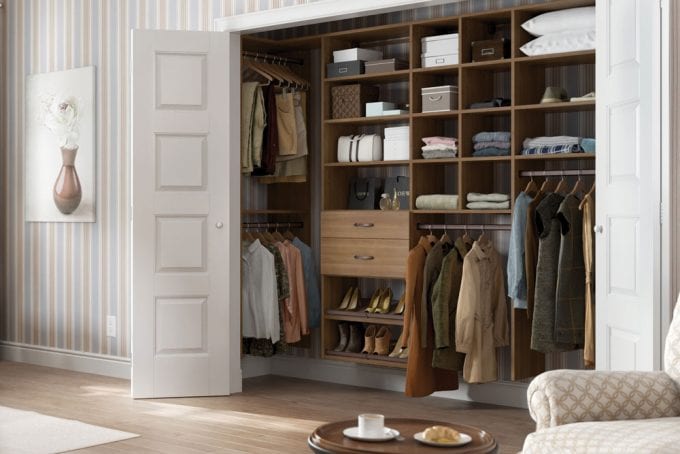
While older, historic homes tend to have lots of character, they typically have very little storage space, with few if any closets as most people didn’t own more than a few articles of clothing when they were built. The items they had were typically placed in a trunk, a chest of drawers or hung from hooks on the wall.
Of course, it’s easy to fall in love with the ornate details of a Victorian, for example, but after you move in and realize you don’t have any place to keep your clothes organized, store seasonal items, sports gear, holiday decor and so on, it can lead to regrets. While you could add storage space, there’s a good chance you’ll have to sacrifice living space in the process.
Floor Plan
Buying your dream home requires finding what will work best for you. It would be a shame if you found a cozy cottage that isn’t big enough. You don’t want anything that will be impractical, and this includes the floor plan.
Consider, do you need four bedrooms when you live alone? Perhaps, you need more space if you are moving in with someone else, or even if you are looking to place a home office in one of the rooms. An extra bedroom can be a plus as well to use it as a guest room. As we’re talking about this specific area, bed sizes and space around the bed must also need to consider. Check MyBestMattress for detailed guide on mattress sizes.
Temperature Comfort
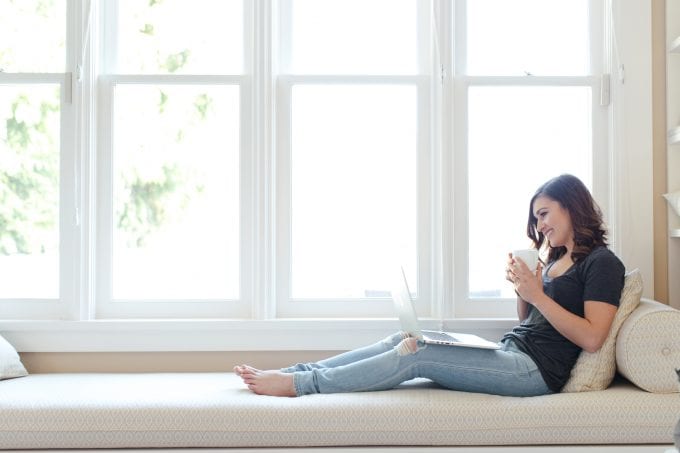
When buying a house, keep in mind that cooling and heating systems are expensive to repair or replace – and, if they’re inefficient it can mean very high utility bills. If you get a chill or begin sweating as you walk through, that can be a red flag.
You’ll want to make sure the furnace is up to date and in good shape. If the home is located in an area subject to hot summers, air-conditioning can be a very important consideration.
Windows and Lighting
Using windows for natural lighting is great for brightening up a space. It lifts the spirits and the atmosphere of any room, especially if you have them in your home office or living room. Besides windows, look at the location of electrical fixtures and outlets within the home.
Will they accommodate your lighting needs? Possibly, you would like a lovely chandelier in the dining room or recessed lighting in the kitchen. If the home doesn’t have them, you can add them later, but they are nice to have when you move in.
Roof Condition
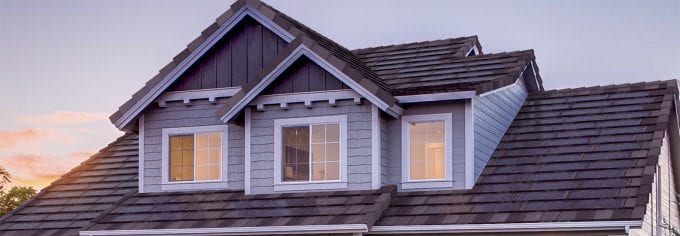
Replacing or repairing a roof is very costly too. Before you fall in love with any home, you’ll want to consider the age and condition of the roof. Walk around the exterior noting any damaged or missing shingles.
Check if there are any areas with moss, leaves, or algae because these are notorious signs for causing costly leaks. Ask the owner or reality how old the roof is and whether it’s under warranty.
Use Your Nose
A bad smell can indicate a variety of problems. If you detect a mildew odor, it likely indicates a big problem. Removing mold can cost thousands of dollars in addition to the cost of repairing what’s the issue that’s causing moisture to get in.
If you smell sewage, it may be due to a clogged or damaged sewage system which can be caused by tree roots, especially in older homes. Cigarette and/or pet smells can be difficult and costly to remove too.
The Location
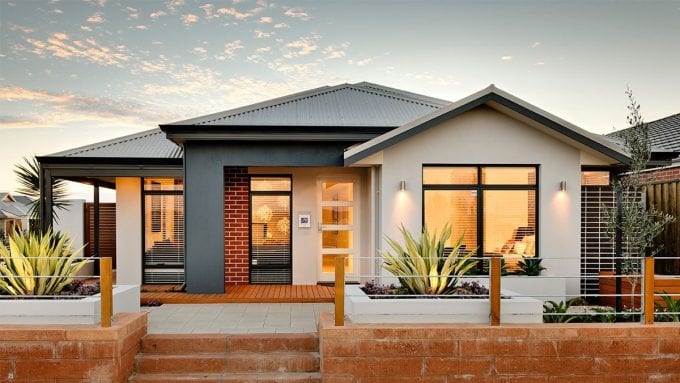
While you can make upgrades and other changes to the home, you can’t change its location, hence the reason for the term “location, location, location.” Think about any potential home’s proximity to work, schools, shopping and so on, as well as the neighborhood. Are the yards generally well-kept?
Is it safe to walk or bike through? What’s the view like? Consider the noise factor too, if it’s on a busy street or if there are roosters next door, it could easily impact your quality of life. Privacy is a factor too – do the neighbors’ windows look into the home and/or the backyard?
The Neighborhood
Similar to location, you also want to be considering the neighborhood of potential homes. It is even more important to consider it if you have children. You probably want your children to grow up in a safe and peaceful environment. Safe Sleep Systems has many articles that can assist in learning more about that.
You want it to meet your expectations. Before committing, drive around a possible future home location during the week or on the weekend to get a feel for what it’s like. Do the other neighbors keep their yards neat and tidy, or are there trash and old cars lying around?
Are there children playing outside? If you would ever like to go walking, running, or biking, can you do so? When it comes to finding a home, you should try to find an environment that suits your habits and personality.

